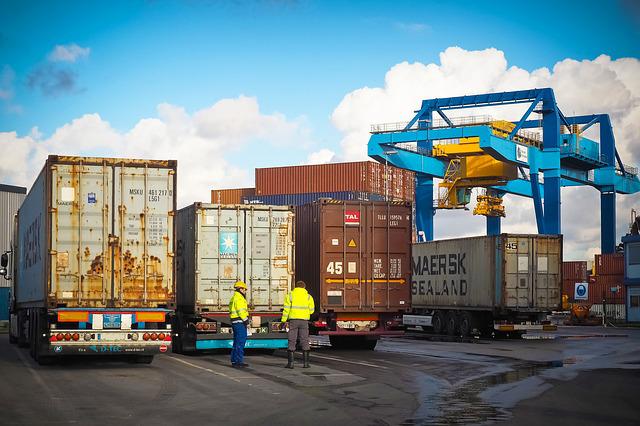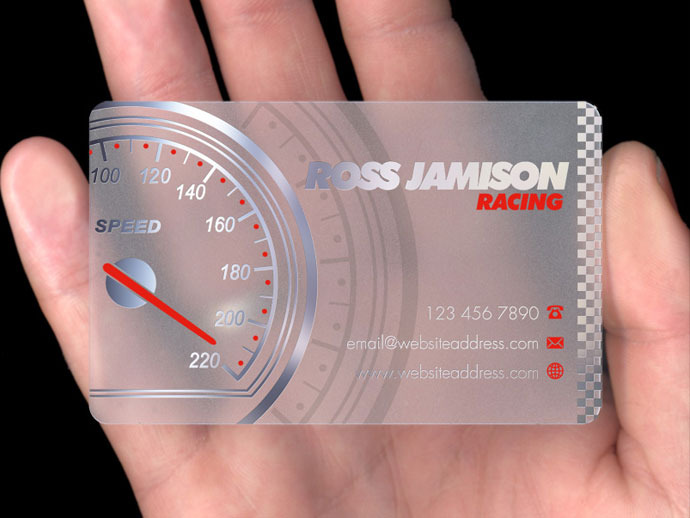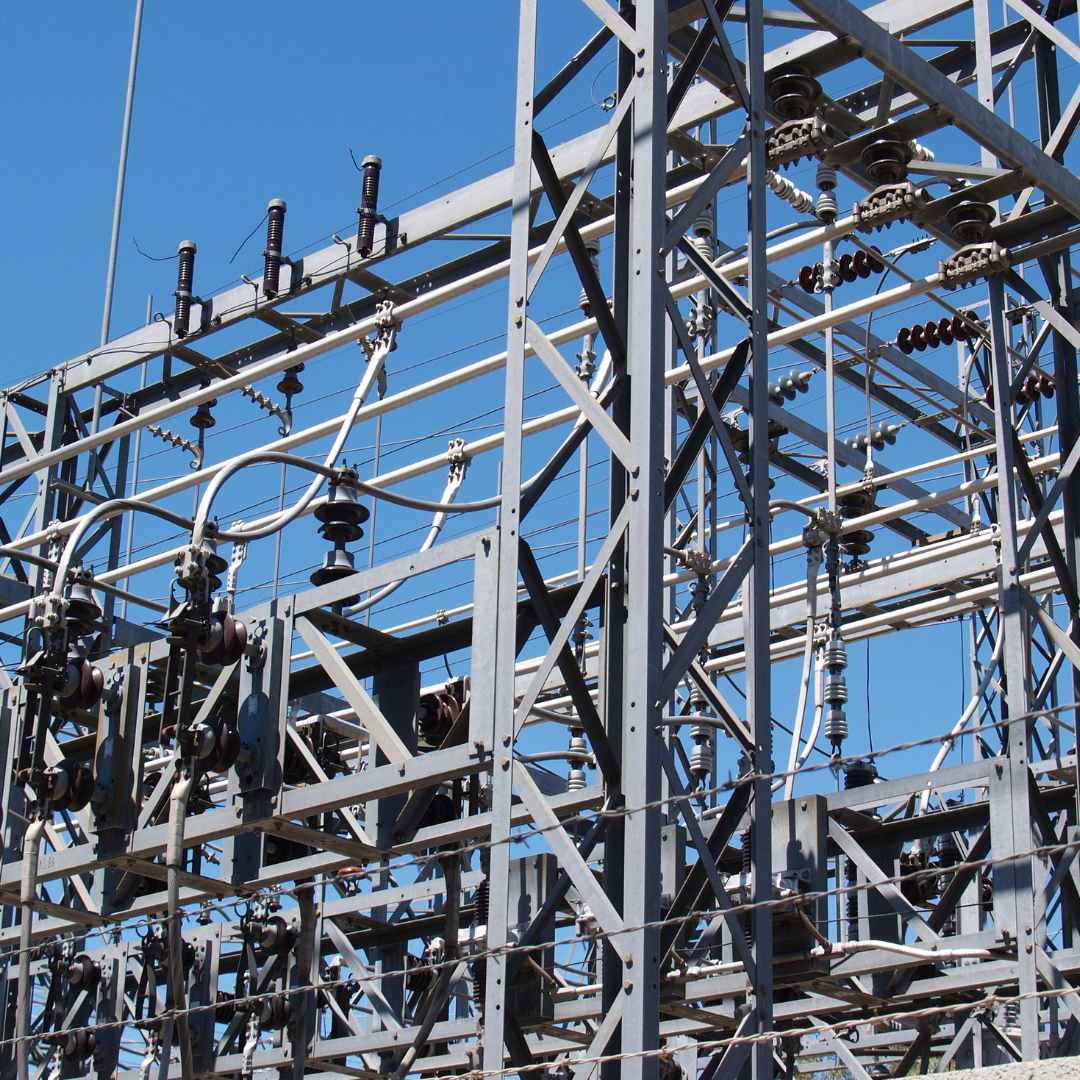.If you’re a business that deals with shipments of food, then you may be wondering when it’s appropriate to refuse delivery. There are definitely some circumstances in which refusing to accept a shipment is the right thing to do, but there are also times when it’s not so clear-cut. In this blog post, we’ll take a look at some of the situations in which you might want to refuse food, as well as some factors to consider before making your decision. Keep reading to learn more!
What are some common reasons to refuse food in a shipment?
One common reason to refuse a shipment of food is if the items are past their expiration date. Even if the food is still safe to eat, it may no longer be fresh or of the same quality as when it was first packaged. Another reason to refuse a shipment is if the food has been damaged in transit.
This could include signs of spoilage, such as mold or leaks, or physical damage, such as broken cans or ripped packaging. If the food appears to have been tampered with, it should also be refused. Lastly, if the food does not meet the specifications that were outlined in the original purchase order, it can be returned for a refund or replacement.
For example, if the shipment contains less than the agreed-upon amount of food, or if the type of food is not what was expected. By following these guidelines, you can help to ensure that you only receive quality food that meets your needs and expectations.
How do you refuse food in a shipment?
If you receive a shipment of food that is damaged or spoiled, you should refuse the shipment. To refuse a shipment, you should first call the sender to let them know. You will be returning the food. Then, take pictures of the damaged or spoiled food, and include them with your return shipment. Be sure to include a note explaining why you are returning the food.
When shipping the food back, be sure to use a tracked shipping method. So that you can confirm that the sender has received the return shipment. Finally, follow up with the sender to make sure that they have processed your return and that you will not be charged for the food. By taking these steps, you can ensure that you will not be stuck with a shipment of damaged or spoiled food.
What should you do if you receive spoiled or contaminated food?
Food spoilage is a common problem that can occur during food transportation. There are many different factors that can contribute to food spoilage, including improper storage conditions, incorrect packaging, and delays in the shipping process. If you receive spoiled or contaminated food in a shipment, it’s important to take action immediately.
First, you should contact the supplier and let them know about the problem. Then, you should inspect the food to determine the extent of the spoilage. If the food is still safe to eat, you can try to salvage it by cooking it thoroughly or freezing it. However, if the food is spoiled beyond repair, you should dispose of it immediately. Food spoilage can be a major inconvenience, but by taking swift and decisive action, you can minimize the damage and ensure that your family stays safe and healthy.
How can you prevent your business from accepting shipments of food that may be refused by other businesses?
There are several ways to prevent your business from accepting shipments of food that may be refused by other businesses. The first is to have a clear and up-to-date understanding of the food safety regulations that apply to your business. You should also develop strong relationships with your suppliers and regularly communicate with them about their food safety practices.
Finally, you should always inspect shipments of food before accepting them. This will allow you to identify any potential problems. And make arrangements for the food to be returned or disposed of properly. By taking these precautions, you can help to ensure that your business only accepts safe and high-quality food products.
Conclusion
So there you have it, a few scenarios in which you might want to refuse food from a shipment. It’s important to be aware of these things and to protect your business by refusing any potentially hazardous items. And remember, if you’re ever unsure about an item or whether it should be accepted into your inventory. Always contact the supplier for clarification. Have you ever had to refuse food from a shipment? What was the situation and how did you handle it? Let us know in the comments below!












